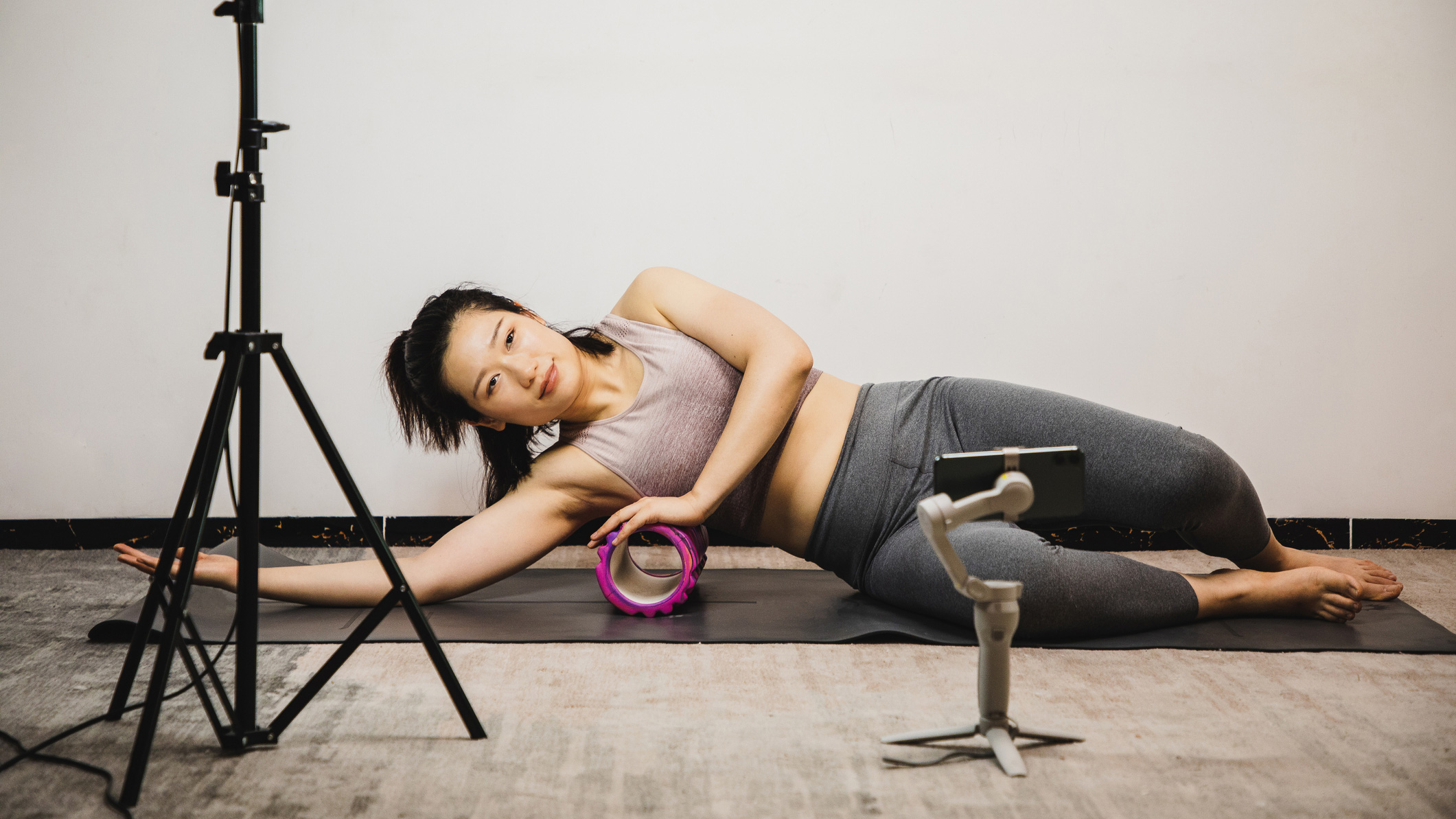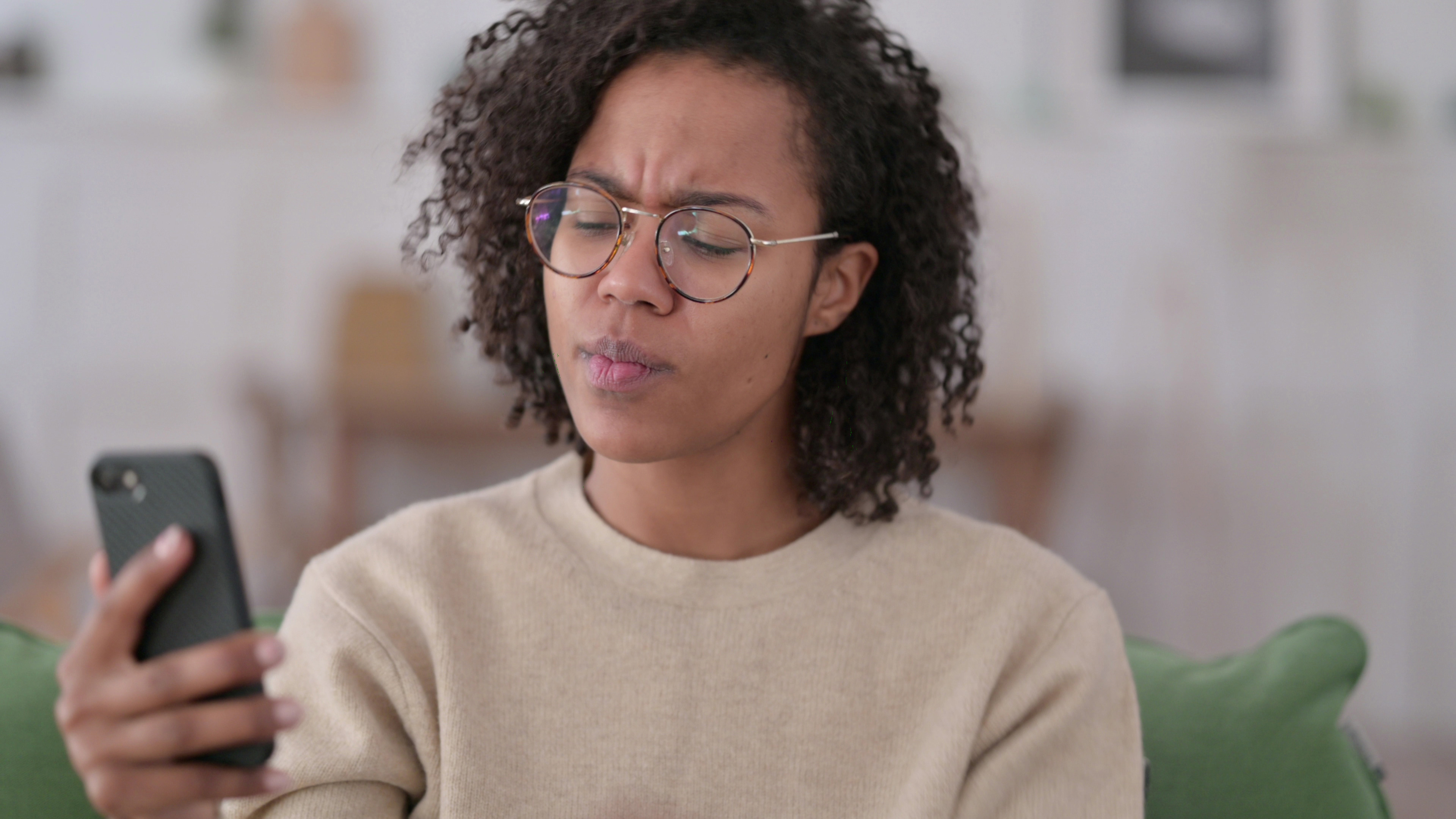Influencers may have to display a logo on digitally altered body images, and we're here for it
The Digitally Altered Body Image Bill might change the way you browse Instagram and TikTok


Start your week with achievable workout ideas, health tips and wellbeing advice in your inbox.
You are now subscribed
Your newsletter sign-up was successful
Instagram, TikTok, YouTube and Facebook: social media is addictive, and frequently gets blamed for bombarding people, both adults and impressionable youngsters, with unrealistic body image examples.
In some respects, it's all about selling supplements such as the best protein powder for weight loss, or promoting workouts such as the best exercises for weight loss. Health and fitness aren't bad in and of themselves, but using doctored images to portray an unattainable physique, masquerading as a result of these products, is tantamount to false advertising. However, there's very little regulation on social media.
But in the UK, a new bill could introduce mandatory declarations that would force influencers and advertisers to be "honest and upfront" about showcasing editing images by placing a logo somewhere on the image.
Former GP Dr Luke Evans, now a Conservative MP, is introducing the Digitally Altered Body Image Bill to the UK parliament. Dr Evans told Sky News: "When I was a GP, particularly young women with eating disorders would talk about the fact they're driven by these images and think they need to have a perfect physique.

"One of the biggest things I'm concerned about is people are trying to respond to an image that they can never actually get to. Because, if you doctor your image, make your biceps bigger, your waist slimmer – and there are multiple images reproduced across social media – the problem is you're creating a perception that no matter what you do, when you go to the gym, no matter how good your diet is, you are never going to be able to reproduce that.
"I've got no problem with people aspiring to be fit and healthy, but not in a warped sense that we can never achieve."
We're behind this: if a fitness influencer or marketing company uses doctored images, or models who use steroids or other questionable methods, it should be clearly stated in order to avoid their followers chasing an unattainable goal.
Start your week with achievable workout ideas, health tips and wellbeing advice in your inbox.
Research from Illinois State University agrees, writing last year: "A negative body image can cause unrealistic expectations of how your body should look and can lead to unhealthy eating behaviors and disordered eating. Studies have found a correlation between the time spent on social media and a negative body image."
If the bill goes through in any form and new regulation comes into force in the UK, expect other countries to follow suit. The end result could be an end – or at least a sharp curbing – of harmful social media practices.
Matt Evans is an experienced health and fitness journalist and is currently Fitness and Wellbeing Editor at TechRadar, covering all things exercise and nutrition on Fit&Well's tech-focused sister site. Matt originally discovered exercise through martial arts: he holds a black belt in Karate and remains a keen runner, gym-goer, and infrequent yogi. His top fitness tip? Stretch.
